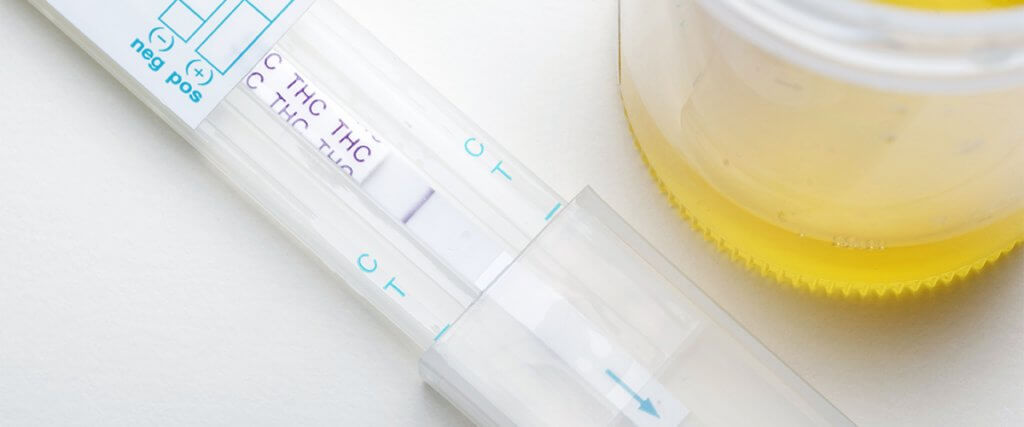A unique new cannabis study suggests that cannabis metabolites can be removed from urine while generating electricity.
In a new study published in the journal Biosource Technology Reports, a team of Turkish scientists successfully eliminated cannabis metabolites from the urine of marijuana consumers while generating electricity.
The experiment involved the use of microbial fuel cells (MFC), bio-electrochemical devices that produce electric currents using the conversion of bacteria. Advocates of MFCs believe they represent a new method of renewable energy recovery.
While urine consists mostly of water, it also contains small amounts of urea, which is the waste product made up of carbon, oxygen, nitrogen, and hydrogen. MFCs work by forcing an electric current through liquid, like urine, creating a chemical reaction that splits the liquid into its chemical components. This process extracts electrons, which travel to a cathode and produce an electrical current.
In the study, researchers put both synthetic and real urine containing THC metabolites in an MFC and compared the results.
The researchers found putting real and synthetic urine into MFCs had two effects:
- MFCs eliminated up to 60 percent of the THC metabolite COOH-THC from the urine.
- Putting synthetic and real urine containing COOH-THC into MFCs was effective at generated electricity, although not as effective as urine from non-cannabis users.
“Untreated urine samples pooled from drug-free male donors produced 0.35 V of peak electricity in the fuel cells,” wrote the researchers. “When the urine samples were replaced with those from cannabis users (containing 170 ng/mL of COOH-THC), the maximum voltage of 0.23 V was achieved.”
They also found that the synthetic urine infused with COOH-THC produced slightly higher levels of electricity than real urine.

Environmental Considerations
The study’s findings also suggest that using MFCs to produce electricity using urine containing cannabis metabolites could also be beneficial for the environment by helping kill pathogens in wastewater.
While cannabis can be safe and beneficial for humans, metabolites in urine can be problem for aquatic life when it gets into wastewater, surface water, or tap water, because of the oxidative stress it creates. MFCs, according to the researchers, demonstrated they effectively could degrade COOH-THC and therefore could potentially be used to protect water sources.
“Thus, optimized MFCs with an accurately established microbial community could offer an efficient solution to this critical issue,” wrote the researchers. “Moreover, although in small levels, voltage generation provides an added-value that could be used to power certain applications in the treatment plants.”
“The results showed that MFCs can be used for treatment of cannabis metabolites found in human urine to prevent contamination of natural ecosystems with these resilient and toxic metabolites,” they added.
Full text of the new study, “Removal of a cannabis metabolite from human urine in microbial fuel cells generating electricity,” is available to access for free through ScienceDirect.
More Cannabis Research
More research on marijuana and its effects are published all the time. Be sure you’re on top of the latest cannabis study findings by regularly visiting the Medical Marijuana, Inc. news page and by connecting with us through our Facebook and Twitter social media accounts.






